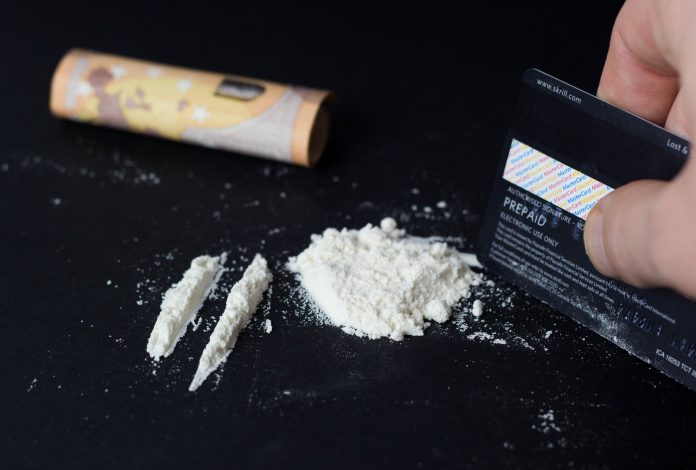The use of cocaine in Spain has multiplied at an unstoppable rate since 1987 when police report the drug first appeared. And since then, reports of seizures have increased by a whopping 5,000%.
As reported by El País, a Spanish-language daily newspaper, the fight against drugs has taken a tremendous toll on the country, both economically and in terms of public health. For the past 10 years, Spain (alongside the United Kingdom), has ranked first in the European Union for cocaine consumption. In 1990, it ranked last. Authorities have not yet managed to curb the upward trend in the past decade, both in terms of trafficking and consumption.
In 1987, three years before Operation Nécora, a major police operation against drug traffickers in Galicia, just one ton of cocaine was destroyed. In 2017, police officers destroyed 50 tons, and the figures continue to rise. The effects of the overproduction of cocaine in Colombia was particularly evident in 2018, when the largest shipment of cocaine on a container ship in Europe was intercepted in Algeciras, and then in Málaga. The two shipments, which amounted to almost 15 tons of cocaine, came from South America and were hidden among bananas.
“The 1980s were a taste of what the future could be like, when Europe was only just beginning to use drugs, and is now a reference point of where we find ourselves today – facing overproduction of cocaine in Colombia, which is already considered a crisis,” explains Antonio Duarte, commissioner of the Central Narcotics Brigade.
“We remain cursed by drugs because we are the country that intercepts the largest amount of drugs in Europe and are one of the world’s leaders in police strategy, and so we cannot lower our guard,” says the commissioner. “There is more cocaine than ever, but we have also managed to deal major blows to the traffickers.”
According to El País, the next battle against drugs will be led from Spain. It has been planned in meetings held in December in Bogotá and Medellín (Colombia), attended by Spanish police, the National Police Anti-Narcotics Directorate of Colombia (Diran) and the Directorate of Criminal Investigation and Interpol (Dijin). There will be a joint offensive in a bid to control the origin and the destination of the shipments.
One of their tactics will be based on international cooperation, trying to find allies in European countries, and, for the first time, in Africa. Spain plans to involve Morocco, Mauritania and Guinea – countries that form the main strategic export points for cocaine to Europe.

